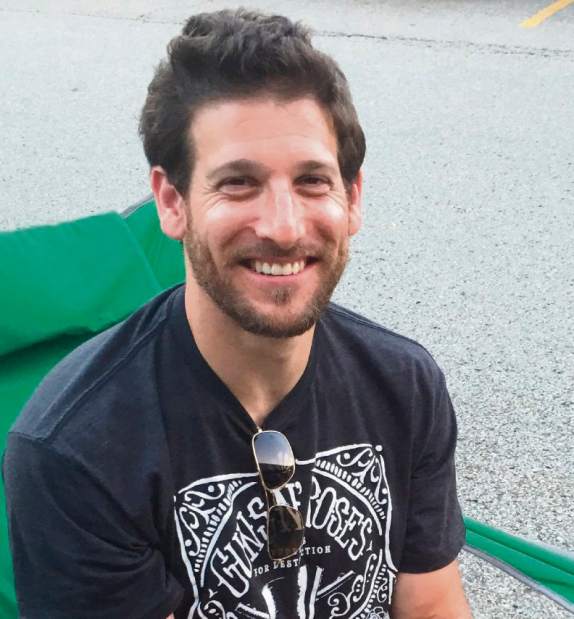Using dental floss crucial to preventing cavities, boosting oral health
Unproven, you say? To dentists who see the negative consequences of poor oral hygiene on a daily basis, proving something so obvious would be a waste of resources.
Here is a simple example of how dental floss can be helpful: Straight teeth contact each other in a way that is self-cleansing: whereas teeth that are crowded or crooked are not as effective in this regard and allow microscopic bacteria to hide. Overlapping teeth contact each other from their edge all the way down to the gums, preventing the bristles of a toothbrush from going through. If this applies to you, there are a few different ways to clean between these teeth. Dental floss is simply the least expensive and most widely used. It is important to remember that unproven does not mean disproven.
Take a second to envision two side-by-side laboratory experiments: scientists in white coats, perfectly sterile environment. One is to test a new lifesaving medicine, and the other is to test ... dental floss. Mildly funny, right? It is difficult to design medical research to produce “strong” evidence and low potential for bias, and this doesn't change based on the importance of your experiment. In general, dental research, similar to medical research, is hard to control because of the extreme variability of individuals. From pH levels in saliva to tooth alignment, enamel “strength” to tooth anatomy — all of these factors have a direct effect on susceptibility to tooth decay and gum disease.
I have seen and spoken to thousands of patients, young and old, whose teeth have formed cavities directly underneath their contacts with adjacent teeth; many share a healthy distaste for flossing. Do I insist they floss because of the statistical significance in some random dental journal? Of course not. I suggest they floss because dislodging food, plaque and microscopic bacteria from the surface where they are prone to developing cavities makes perfect sense.
While the standard of scientific proof has not been obtained, being able to communicate usefulness as a measure of risk versus reward is what being a thoughtful and effective clinician is all about. To suggest that the lack of such research is an argument that floss does not work is misleading and irresponsible and could pose a public health concern.
In his article, attempting to debunk the efficacy of flossing, Jeff Donn quotes dentist Damien Walmsley, scientific adviser to the British Dental Association, as saying, “It's important to tell people to do the basics. Flossing is not part of the basics.” Should the dental profession have such low expectations and standards for our communities? Our friends? Our families? The answer is no.
People are surely capable of doing more than just “the basics.” I mean, after algebra, we teach geometry, trigonometry and calculus, right? “The basics” are what we teach our children in preschool. Then we teach them to be better, do more and build on that knowledge so they can excel. Point being, it takes more than just the basics to excel, and excellence is what our standard should be as a society.
Remember that caveman skull you saw in a history textbook or on a field trip to the natural history museum in the fourth grade? Chompers perfectly aligned straight through to the wisdom teeth? I bet after a tiring hunt and nice bison meal that guy or gal flossed like no one's business.
You don't think so? Prove it.
Dr. David Pechersky is a partner at Chetlin | Pechersky Orthodontics (pittsburghbraces.com) with offices in Squirrel Hill, Monroeville, and Mars.

